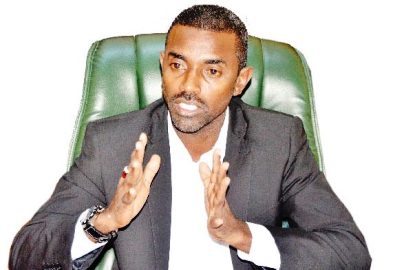Sudanese religious affairs minister to travel to SPLM-N al-Hilu stronghold
December 28, 2019 (KHARTOUM) – Sudanese Minister of Religious Affairs Nasr al-Din Mufreh said preparations are being made to visit the stronghold of the SPLM-N al-Hilu, Kauda in the Nuba Mountains area of South Kordofan.

The SPLM-N al-Hilu says the matter should be included in the peace talks while the government says should be discussed in the constitutional conference which will be held after the peace process.
The minister disclosed the upcoming visit during a press conference on Saturday to explain a series of reforms he plans to undertake to restructure his ministry and to ensure religious freedom.
“The purpose of our visit to Kauda is to spread the culture of religious tolerance and to find out what its residents want the Ministry to do for them,” he said.
Recently, it was purported that Prime Minister Abdallah Hamdok plans to visit Kauda, in a bid to convince the SPLM-N al-Hilu to end the war in the Nuba Mountains and to back the democratic forces in their call for a secular state during the constitutional conference.
This week, the mediation announced the suspension of talks on a declaration of principles between the two sides saying the armed group requested the suspension for two weeks to hold consultations before to decide on the way forward.
Mufreh said he travelled with Hamdok and other ministers to Washington in early December to explain the government policy to ensure religious freedoms.
He underlined that the former regime confiscated religious freedom and promoted religious hatred and transformed the conflict in South Sudan to a religious war.
The minister who took part in the protests against the former regime further alluded to his detention during the rule of the former regime saying that al-Bashir used to arrest Christian and Muslim clerics whenever they criticize the state’s politics.
“There was a problem with religious freedom,” he further stressed.
As part of the government plans to promote religious moderation and tolerance, he said he plans to create model Quranic schools to spread moderate Islamic teachings.
“During the three-year transitional period, a model Quranic school will be created in every state,” Mufreh said adding that these pilot schools will use computers to teach the Quran.
The moderate curriculum will be developed by professionals from university professors and Muslim scholars.
He said the pupils receive training that guarantees them to exercise a profession and have a source of income besides their religious formation.
(ST)
